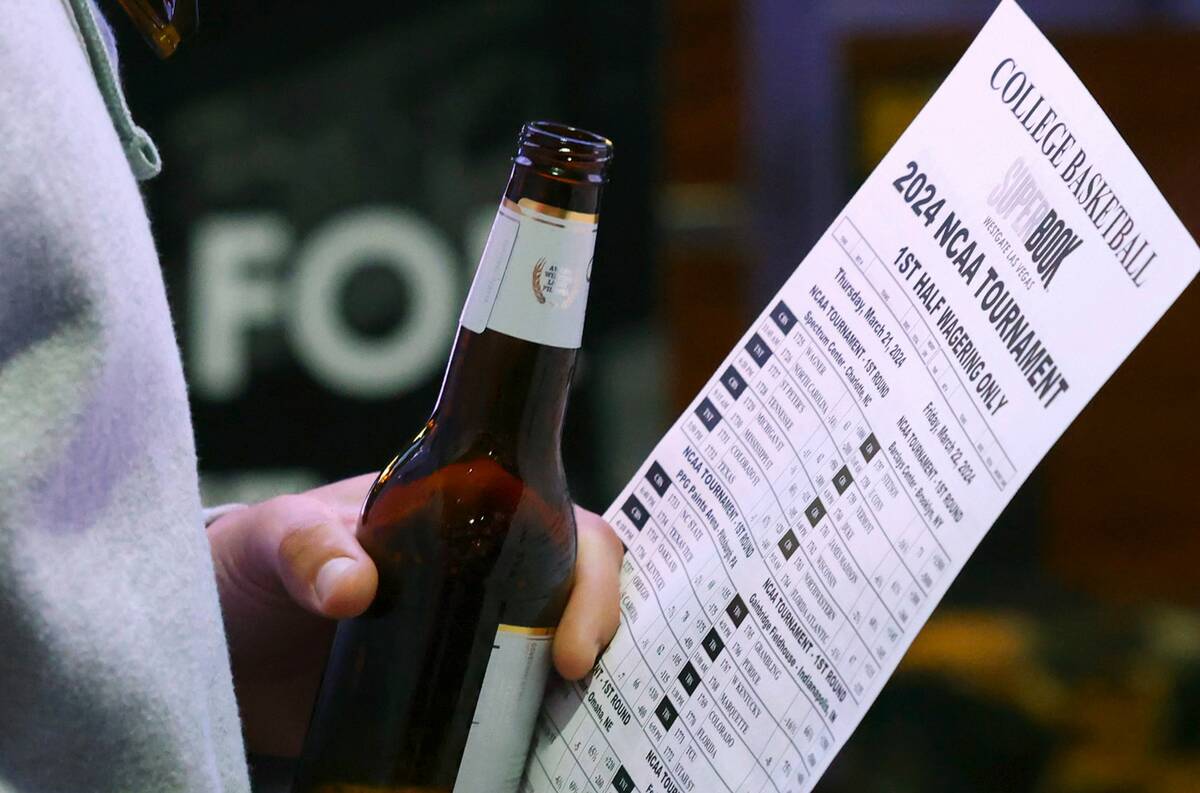New responsible gaming program to educate college students
With legal sports wagering available in most U.S. states, a relatively new responsible gaming group is launching a program to educate students about gambling responsibly as the college and NFL seasons kick off.
The McLean, Virginia-based Responsible Online Gaming Association, formed in March and armed with $20 million in funding from its member operators, plans to drive education and awareness initiatives aimed at consumers and the industry.
In an exclusive interview, ROGA Executive Director Jennifer Shatley, a former responsible gaming advocate for UNLV’s International Gaming Institute and a 17-year responsible gaming executive with Caesars Entertainment, said ROGA will share research and data about gambling responsibly.
“We have five main pillars that we’re looking to fulfill,” Shatley said. “One of those is research. Another is education, another is a data clearinghouse to better share information amongst our members, a certification program and also the creation of evidence-based best practices.”
ROGA’s first education initiative will be directed at college-age students, including student athletes.
“There’s been some great programs that have been implemented over the past couple of years that focus specifically on student athletes, but there’s really been very few resources currently available for that broader university student age population,” she said. “And so that’s what we’re looking to do is to fill that gap and really provide these much-needed information and resources to that broader student population.”
Part of the educational training will include developing broader financial literacy.
“This is an age group with newfound freedom and independence, and that includes financial independence,” Shatley said. “And financial literacy is really important to equip them with essential skills to help them build and maintain good financial habits for the rest of their life, whether they engage in gaming or not. So, you know, part of this really is about understanding budgeting, savings, risk associated with debt, because again, these are crucial skills that will serve them in various areas of their life. Financial management skills are really essential for their overall financial well-being and to make them make responsible choices regarding spending and saving habits, whether again if they engage in gaming or not.”
Pilot programs at select universities will be targeted, but Shatley said specific schools have yet to be chosen.
“I do have a connection to UNLV so I would be very happy to have this engaged at UNLV, but those conversations haven’t happened yet,” she said.
Shatley clarified that responsible gaming is different from compulsive problem gambling in that responsible gaming education programs are preemptive preventative measures.
“It’s talking about mathematical concepts, such as odds and probability and randomness, which when you talk about these mathematical things, most people are like, ugh, and kind of glaze over,” she said. “But they’re important concepts for responsible gaming, and they can be difficult to understand.”
Funding for ROGA and the initial education program is coming from companies that engage in sports wagering and iGaming.
Member companies, which represent 85 percent of the online gaming industry, include Bally’s Corp., BetMGM, Bet365, DraftKings, Fanatics, FanDuel, Hard Rock Digital and Penn Entertainment, which is affiliated with ESPN Bet.
Contact Richard N. Velotta at rvelotta@reviewjournal.com or 702-477-3893. Follow @RickVelotta on X.


















